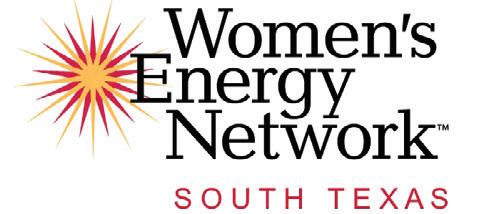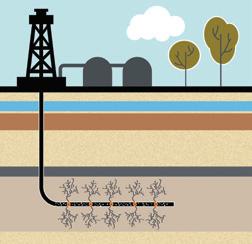POLICY
Available Levers
Potential Actions
Diplomatic
• Continued engagement/negotiations with OPEC+ countries (e.g. Saudi Arabia, Russia)
Trade
• Executive action to impose Sec. 232 tariffs on energy imports on national security grounds • U.S. Commerce Dept./International Trade Commission action to provide antidumping relief through imposition of duties on energy imports • Executive action under the International Emergency Economic Powers Act to restrict energy imports on basis of a national emergency
Regulatory
• Royalty relief • Regulatory relief
By: Jack Belcher and Brent Greenfield
• Help ensure liquidity for energy companies (e.g. loan/credit relief) and their lenders • Federal lease/permit extensions
T
he events of the last several months have been unprecedented. A global pandemic and oil price war unfolding at precisely the same time. Rewind to 2019. Production was at an all-time high in the United States, but signs of a weakening global economy and demand and looming downward pressure on prices were evident. Exacerbating the issue, investment capital was becoming increasingly scarce as more investors turned against oil and gas due to eroding confidence in the future of fossil energy, poor market fundamentals, and a preference for returns over growth. By early this year, overall industry performance was on the decline just as the pandemic started to impact energy demand in a way that mimicked the spread of the disease: a rolling thunder and then a giant crescendo as travel, commerce and transportation came to a virtual standstill. Then, Saudi Arabia and Russia sparked an oil price war. Although always an identified risk — the two countries had been at odds for some time and both wanted to inflict pain on U.S. producers — many were skeptical that they would actually open the spigots and flood the world with oil. As the private sector took immediate steps to address the dour market conditions through reductions in exploration and production activities, the first public policy priority was to convince Saudi Arabia and Russia to end their dangerous and high-stakes market maneuvers. The United States, in particular, flexed its muscle in a successful effort to help stabilize oil markets.
48
SHALE MAGAZINE MAY/JUNE 2020
• Continued U.S. Dept. of Energy leasing of Strategic Petroleum Reserve (SPR) until it is completely filled (payable with barrels)
• Streamlined project application/review processes • Waiver of Jones Act requirements to support domestic movement of energy products on national defense grounds • Expedited permitting (e.g. LNG) • Incentives for greater domestic refining of US crude oil • Federal study on importance of US o&g sector on energy security, economy, and environment Legislative
• Funding for new SPR purchases • Increase of SPR size • Support for US and global energy infrastructure projects • Tax relief • Support for Master Limited Partnership model • Incentives for greater domestic refining of US crude oil
A global pandemic and oil price war unfolding at precisely the same time
DED PIXTO/STOCK.ADOBE.COM
Public Policies Weighed as Industry Navigates Uncharted Waters










